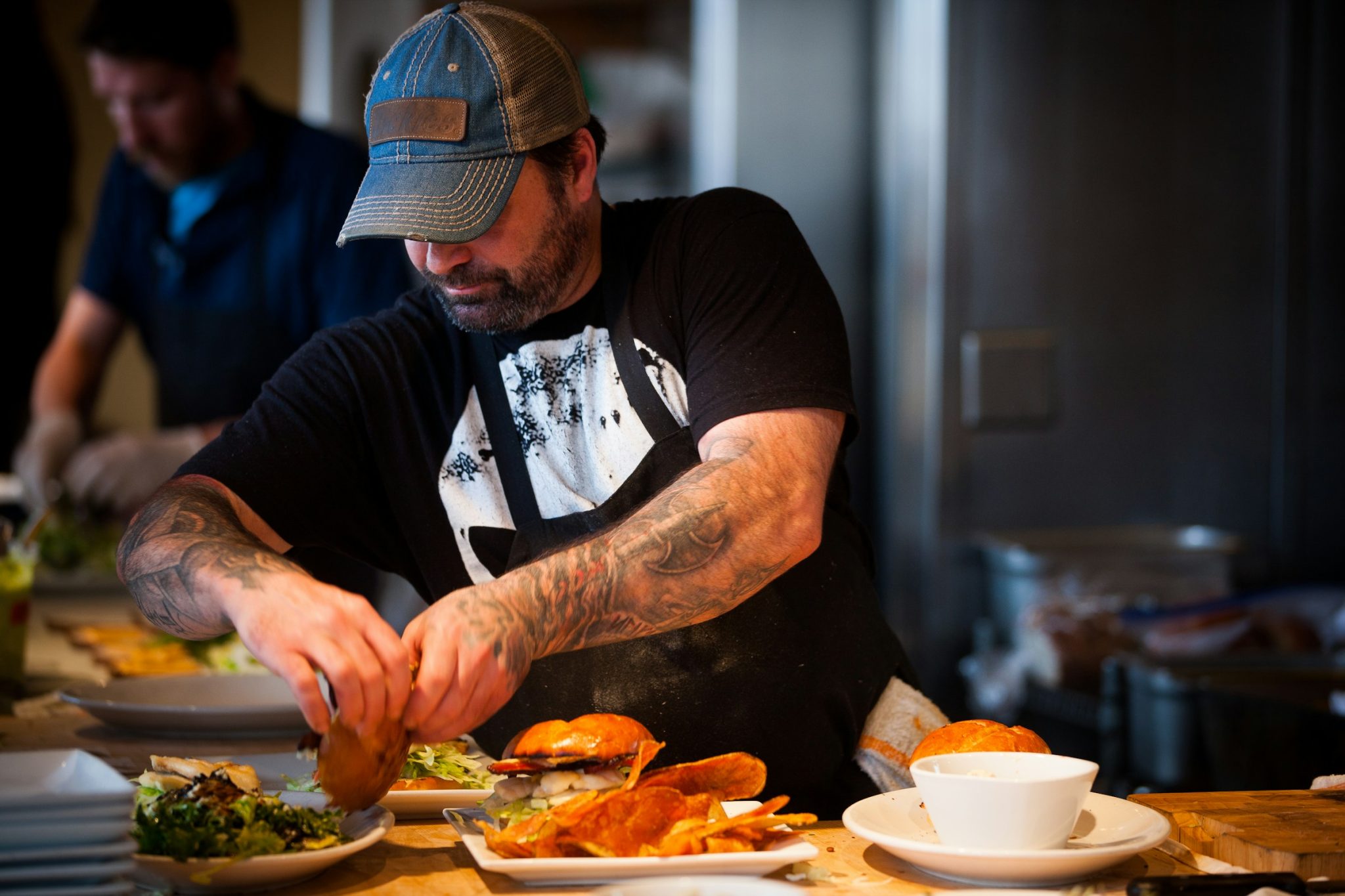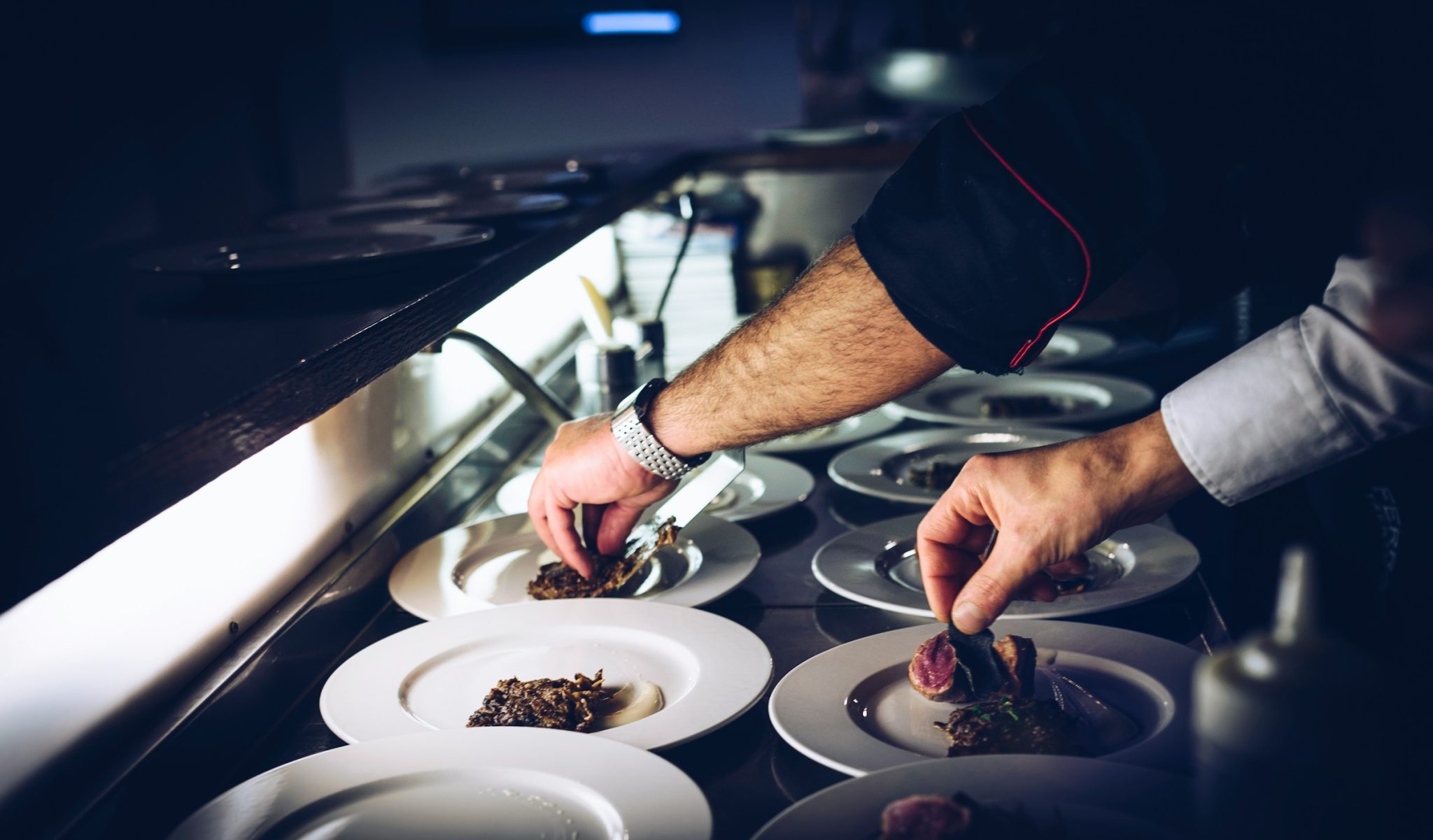In the dynamic and demanding world of culinary arts, the role of a sous chef emerges as a cornerstone of any successful kitchen. This position, acting as the right hand of the executive chef, requires a unique blend of culinary skills, leadership ability, and organizational prowess. For those aspiring to ascend to this critical role, mastering a comprehensive set of skills is non-negotiable. This article aims to delineate the essential competencies that define a proficient sous chef, offering a blueprint for culinary professionals aiming to excel in this challenging yet rewarding career path.

Table of Contents
Culinary mastery and innovation
At the heart of the sous chef’s responsibilities is the need for exceptional culinary skills. This encompasses a broad spectrum of knowledge, from understanding the intricacies of flavor profiles and cooking techniques to being adept in various global cuisines. The ability to consistently produce high-quality dishes under the pressure of a busy service is fundamental. Moreover, culinary innovation plays a key role; a sous chef is often expected to contribute creatively to menu development, introducing new dishes that delight patrons and keep the restaurant at the cutting edge of the culinary scene.
Leadership and team management
Leadership is perhaps the most critical skill after culinary expertise. A sous chef must be an effective leader, capable of managing a diverse team of kitchen staff. This involves training and mentoring junior chefs, delegating tasks appropriately, and motivating the team to perform at their best. The ability to maintain a positive kitchen environment, even under stress, is vital. Leadership also means being an example of professionalism and dedication, qualities that inspire respect and commitment from the team.
Effective communication
Clear and concise communication is essential for a sous chef. This skill ensures that instructions are understood, feedback is constructively delivered, and the kitchen operates smoothly. Effective communication also extends to liaising with front-of-house staff to ensure that the dining experience is seamless and that any customer feedback is promptly addressed.
Administrative and organizational acumen
The administrative aspect of the sous chef’s role is often underestimated but is crucial for the smooth operation of the kitchen. This includes inventory management, ordering supplies, scheduling staff, and adhering to budgets. A sous chef must also ensure compliance with health and safety regulations, maintaining a clean and safe working environment. Organizational skills are essential to manage these varied tasks efficiently, ensuring that the kitchen runs effectively without compromising on the quality of the culinary output.
Adaptability and problem-solving
Kitchens are fast-paced and unpredictable environments. A sous chef must therefore be highly adaptable, able to quickly solve problems as they arise. Whether it’s adjusting a dish on the fly, dealing with last-minute changes to bookings, or managing supply issues, the ability to think creatively and act decisively is indispensable.
Attention to detail
The culinary profession is one where details matter immensely. A sous chef must have an eye for detail, ensuring that every dish that leaves the kitchen meets the highest standards of quality and presentation. This attention to detail also applies to managing kitchen operations, from ensuring food safety standards are exceeded to maintaining meticulous records for inventory and scheduling.
Passion for culinary arts
At the core of a sous chef’s drive to excel is a genuine passion for food and cooking. This passion is what inspires continuous learning, encourages experimentation with new techniques and ingredients, and fuels the desire to create exceptional culinary experiences for guests. It’s this enthusiasm for the culinary arts that sustains a sous chef through the long hours and challenging moments, making the role not just a job, but a calling.

Technological savvy
In the modern culinary landscape, embracing technology is increasingly important. From utilizing kitchen management software to staying abreast of the latest in culinary equipment and techniques, a sous chef must be comfortable integrating technology into the kitchen’s operations. This not only enhances efficiency but also opens up new possibilities for creativity and innovation in the culinary process.
Conclusion
The journey to becoming a sous chef is one of relentless dedication, continuous learning, and unwavering passion for the culinary arts. It is a role that demands a multifaceted skill set, encompassing everything from culinary excellence and creative innovation to leadership, communication, and organizational prowess. For those aspiring to this esteemed position of a sous chef, focusing on these essential skills is the key to unlocking a rewarding career in the high-stakes world of professional kitchens and financial stability. Through mastering these competencies, a sous chef becomes not just a cornerstone of the kitchen’s success but a driving force in the ever-evolving culinary landscape.
- About the Author
- Latest Posts
Whether she is researching the latest trends in home decor, life-changing destination getaways, or the best way to maintain your finances, Dewey takes pride in leaving no stone unturned. She is passionate about distilling and delivering high-quality information that you can use to upgrade your life.

